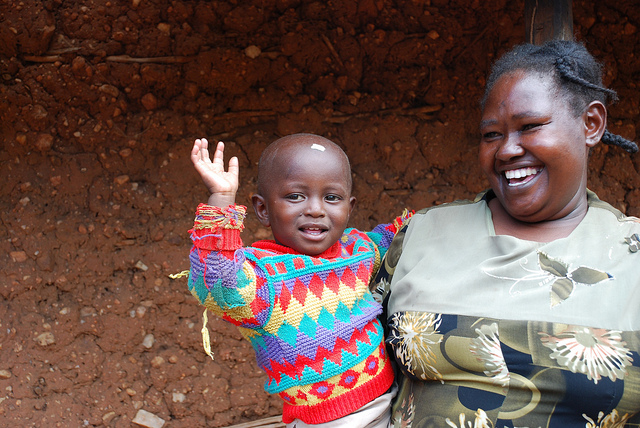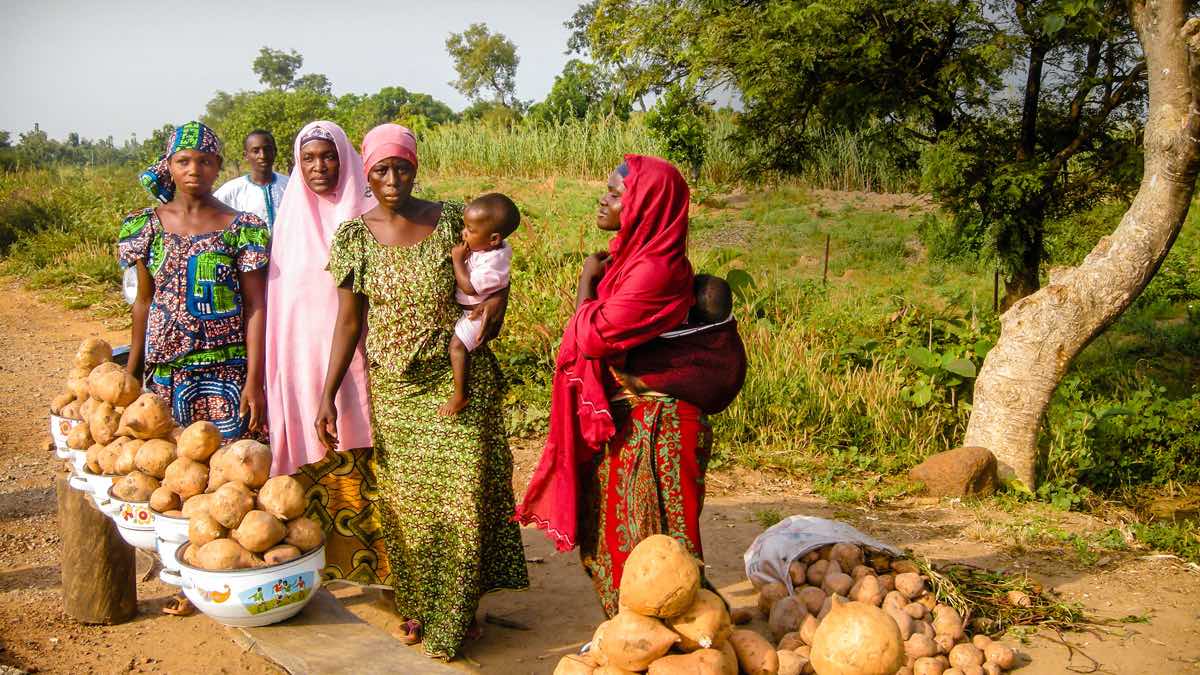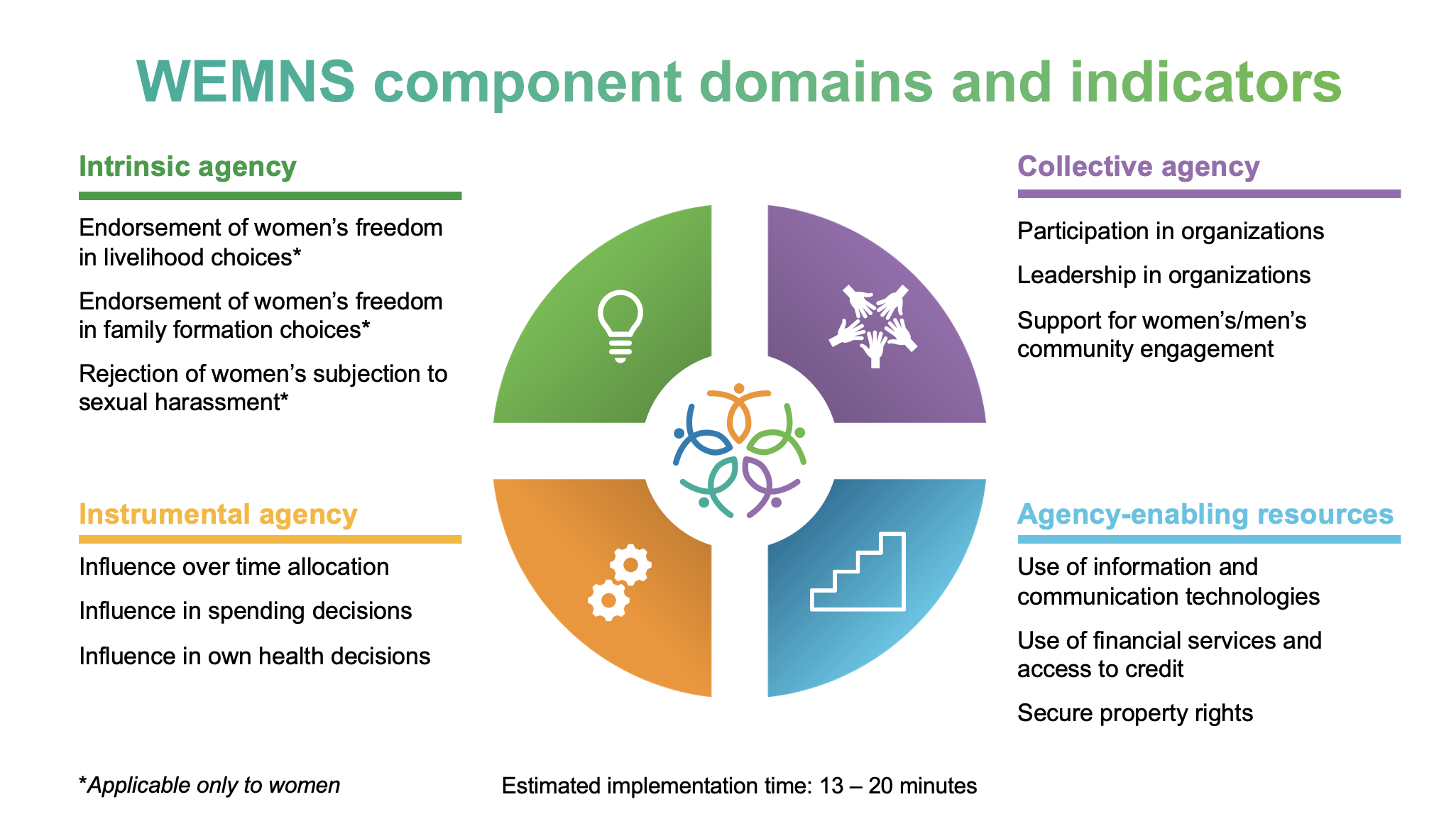Women’s empowerment is increasingly a priority in international development, for reasons of social justice, and also because it is considered an important way by which to achieve development goals, such as those related to health, nutrition, and education. Research has shown that men and women often have different preferences for how they allocate food and other resources within the household and distribute these resources differently based on their bargaining power. Researchers have also identified positive relationships between various measures of women’s empowerment and improvements in their own as well as their children’s nutritional status. Investing in women is therefore considered important for improvements in health, nutrition and education, and development programs often specifically focus on women and their empowerment as a way to improve their programs’ impact. But, the question remains, do these programs actually measure their impact on “women’s empowerment”?
In Women’s Empowerment and Nutrition: An Evidence Review, a discussion paper recently published by IFPRI and commissioned by the Transform Nutrition research program consortium, my fellow co-authors and I assessed whether women’s empowerment is measured by development interventions that may or may not also aim to improve nutrition. We first reviewed available evidence of the links between women’s empowerment and nutrition outcomes, and we then looked at evidence of the impact of development programs on women’s empowerment, nutrition, or both. We examined three different types of programs: agricultural, microfinance, and cash transfers. Here is a sampling of our findings:
Agricultural interventions
* The evidence on the impact of agricultural programs-particularly dairy and home gardening projects– on women’s empowerment shows limited and mixed impact with regard to women’s income and control over income and resources, as well as women’s time and workload.
* There is very little evidence on the impact of agricultural programs on nutrition outcomes, with the exception of biofortified sweet potato for correcting for vitamin A deficiencies (see Ruel and Alderman, 2013). However, a lack of evidence does not necessarily imply a lack of impact, as weakness in evaluation design, small sample sizes and other experimental factors have resulted in relative paucity in evidence-based impact.
Microfinance programs
* Evidence on the impact of microfinance programs, particularly microcredit programs, on women’s empowerment is also mixed and controversial. Once thought to be distinctly positive, recent systematic reviews point to little to no effect of these programs on women’s empowerment.
* The effects of these programs on nutrition are also limited and mixed, with no evidence of impact on micronutrient deficiencies—a major contributor to chronic hunger. However, similar to agricultural programs, many evaluations of microfinance programs lack rigor in terms of their design and lack evidence on pathways of impact on nutrition outcomes, making it difficult to draw conclusions.
Cash transfer programs
* Qualitative evidence from conditional cash transfer (CCT) programs points to positive impacts on women’s empowerment, although quantitative findings are more mixed. Limited evidence from unconditional cash transfer (UCT) programs shows mixed impacts on women’s empowerment measures.
* There are mixed results with regard to the impact of CCTs on long-term nutritional status and minimal evidence of their effects on micronutrient status. Of the few studies available, evidence points to positive impacts on nutritional outcomes from UCTs.
* There seems to be little difference between conditional versus unconditional programs in terms of their impact on stunting in children, indicating that conditionality may be less important than other factors such as access to health care or child age and sex. Evidence does show that CCTs with non-health conditions tend to negatively influence nutritional status.
Taken as a whole, these findings do not overwhelmingly point toward positive or negative impacts on women’s empowerment or nutrition. In addition, there are significant gaps in the research:
* First, most of the evidence focuses on CCT programs comes fromLatin America, UCT programs in Africa, and microfinance programs in Bangladesh, so it will be important to generate comparable evidence for similar programs across regions.
* Second, more and better research is needed to examine the ‘pathways of impact’ of programs, to find out more about how impact is achieved. Were improvements in nutrition outcomes really due to improvements in women’s empowerment dimensions?
* Third, more evidence is needed on the impact of all types of programs on nutrition, specifically examining women’s empowerment as a pathway.
* Finally, improved study designs and methodologies, gender analyses, and the building capacity of researchers is needed to continue to build the evidence base.
Author’s note: The IFPR-led Transform Nutrition consortium is made of up of six organizations, and is funded by the UK’s Department for International Development.







